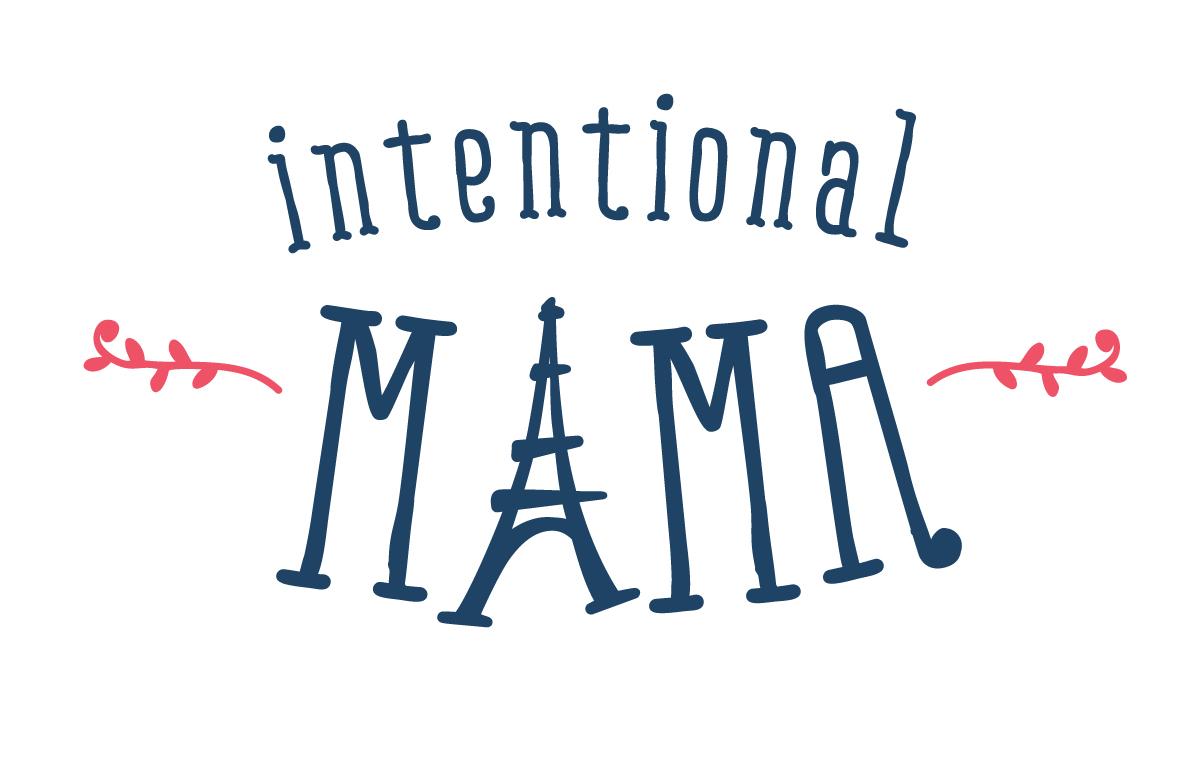10 Myths about Stay-At-Home Moms and Dads
I'm guilty of believing a few of these stay-at-home parent myths--at least, until I became a stay-at-home mama myself. Have you caught yourself believing any of these statements?
1. Their house is usually clean. Sure, stay-at-home parents may have more time to clean, but their homes are in active use much of the day, meaning that no rooms stay clean for long.
My daughter interrupted from her drawing and play (while our cat naps on)
2. They have lots of time to accomplish what they want. Modern parenting frequently involves reshuffling personal priorities below the needs of children, according to Jennifer Senior in her book All Fun and No Joy: The Paradox of Modern Parenthood (released in January 2014). Parenting certainly requires flexible priorities in light of family schedules and childhood illnesses.
My children reading with their Grandpa
3. They don't work. By definition, stay-at-home-moms and -dads are unemployed outside the home, but more parents are working from home, gaining income through self-employment, direct sales work, or as employees of remote companies. And it almost goes without saying that the work of parenting and home management should never be dismissed as insignificant.
My sister feeding her infant daughter
4. They'd rather not work. Most moms and dads stay home out of a belief that having a parent at home is the best choice for their children's sake, regardless of their professional aspirations. But given the choice on the toughest parenting days, many parents would choose to escape to an adult workplace (if only for a day . . . or two) over the challenges of parenting at home.
5. They're uneducated. A Pew Research study released in April 2014 showed that 29% of American stay-at-home mothers are college graduates, compared with only 7% in 1970. And according to recent studies such as this one from the University of Illinois in 2012, many dads who are the main child caretaker are also currently taking college classes.
6. They're wasting their education. On the contrary, stay-at-home parents are constantly passing on knowledge to their children in the context of family life. Educating the next generation is never a waste of one's education.
7. They're home most of the time. In America, even homeschooling families are often on the go, driven by opportunities to learn through classes, field trips, and social play. Even homemakers intent on staying home feel the pressure of groceries to buy, library books to return, and additional errands that need to be run.
My husband and daughter getting ready to ice skate
A mama-baby embrace
8. They're trying to outdo working parents at the task of parenting. Stay-at-home-parents are simply trying to do what's best for their family--they don't view parenting as a competition.
9. They're often bored. More time at home does not automatically equate to more boredom. 51% of stay-at-home mothers care for at least one child five years old or younger, according to the Pew study, and when there's a baby, toddler, or preschooler afoot, there's plenty of work to do and amusing moments to share. Truly, there's rarely a dull moment when children are involved.
10. Parenting is less of a challenge for stay-at-home parents. Sure, stay-at-home parents don't carry the guilt of working parents who wish they had more time for their children, but parenting is new and challenging territory no matter how many hours a day they devote to it. We parents are all in this journey together!
What mistaken ideas about parenting have you encountered? What false ideas about parenting did you hold before you became a parent?
This post contains an Amazon Affilate link to Jennifer Senior's interesting commentary on modern parenting.
